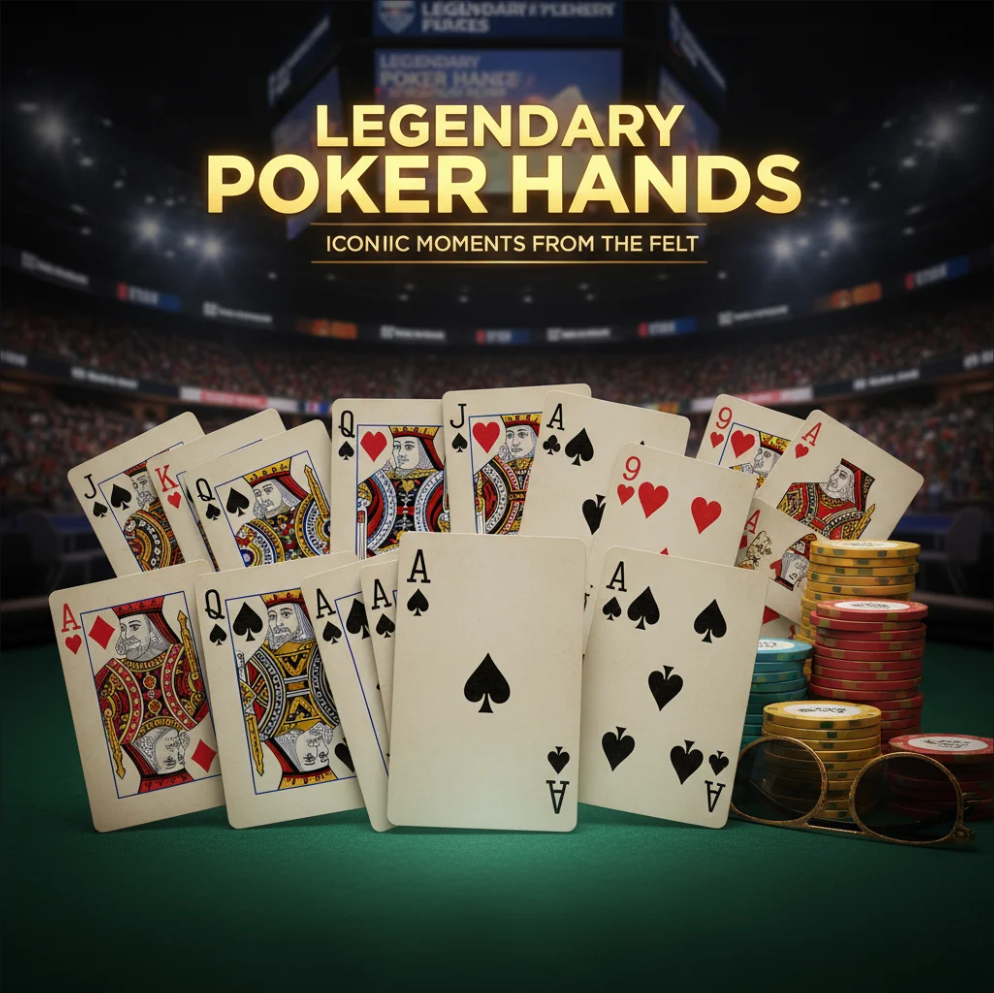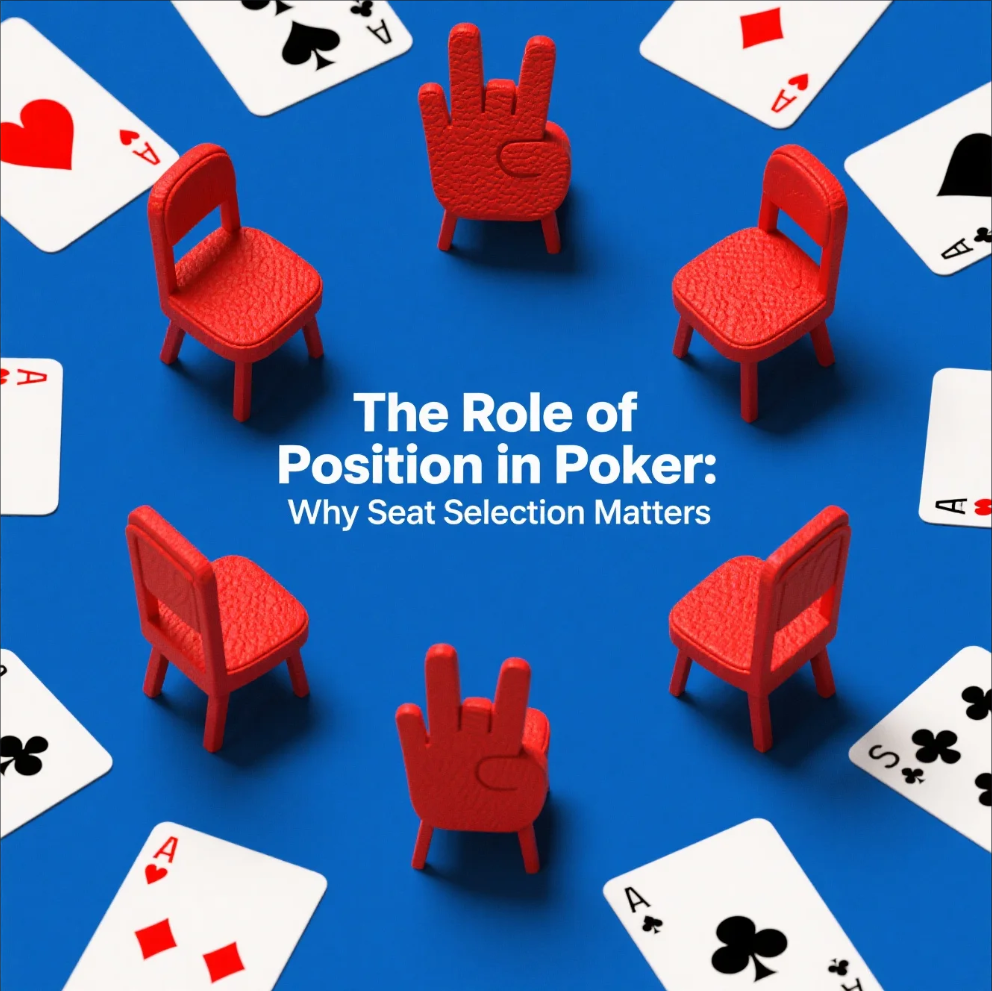Cash Games or Tournaments? Choosing the Right Poker Format
Poker players often face the choice between cash games and tournaments—two formats that require different strategies, mindsets, and risk tolerance. Understanding the key differences helps players select the format that best fits their goals and playing style.
💵 Cash Games: Flexibility and Consistency
Cash games are poker sessions where each chip has a real monetary value. Players can join or leave the table at any time, making it a flexible option for both beginners and experienced players.
Key Characteristics:
- Buy-ins: Typically fixed or adjustable, depending on the table.
- Blinds: Remain constant, allowing steady gameplay.
- Strategy: Focus on chip accumulation and minimizing losses.
- Payout: You can cash out at any time.
Cash games are ideal for players seeking consistent play and lower variance, as they don’t rely on survival through multiple rounds.
🏆 Tournaments: High Stakes and Big Rewards
Poker tournaments gather players to compete for a fixed prize pool. Unlike cash games, players start with equal chips and compete until one player or team wins the pot.
Key Characteristics:
- Buy-ins: Fixed entry fee contributing to the prize pool.
- Blinds: Gradually increase, creating pressure and faster-paced play.
- Strategy: Focus on survival, chip accumulation, and timing of risks.
- Payout: Only top finishers earn prizes, often structured by position.
Tournaments are perfect for those seeking high-risk, high-reward excitement and enjoy navigating strategic pressure situations.
⚖️ Choosing the Right Format for You
- New Players: Cash games allow more practice with lower pressure.
- Competitive Players: Tournaments offer the thrill of big wins and structured competition.
- Bankroll Considerations: Cash games provide flexible risk management, while tournaments require endurance and strategic planning.
- Personal Preference: Some players enjoy long-term steady play, others thrive in adrenaline-filled elimination rounds.
✨ Finding Your Poker Sweet Spot
The choice between cash games and tournaments comes down to personal goals, risk appetite, and style of play. Many players mix both formats, enjoying the steady learning of cash games and the high-stakes thrill of tournaments. Understanding the nuances ensures a more enjoyable and rewarding poker experience.









